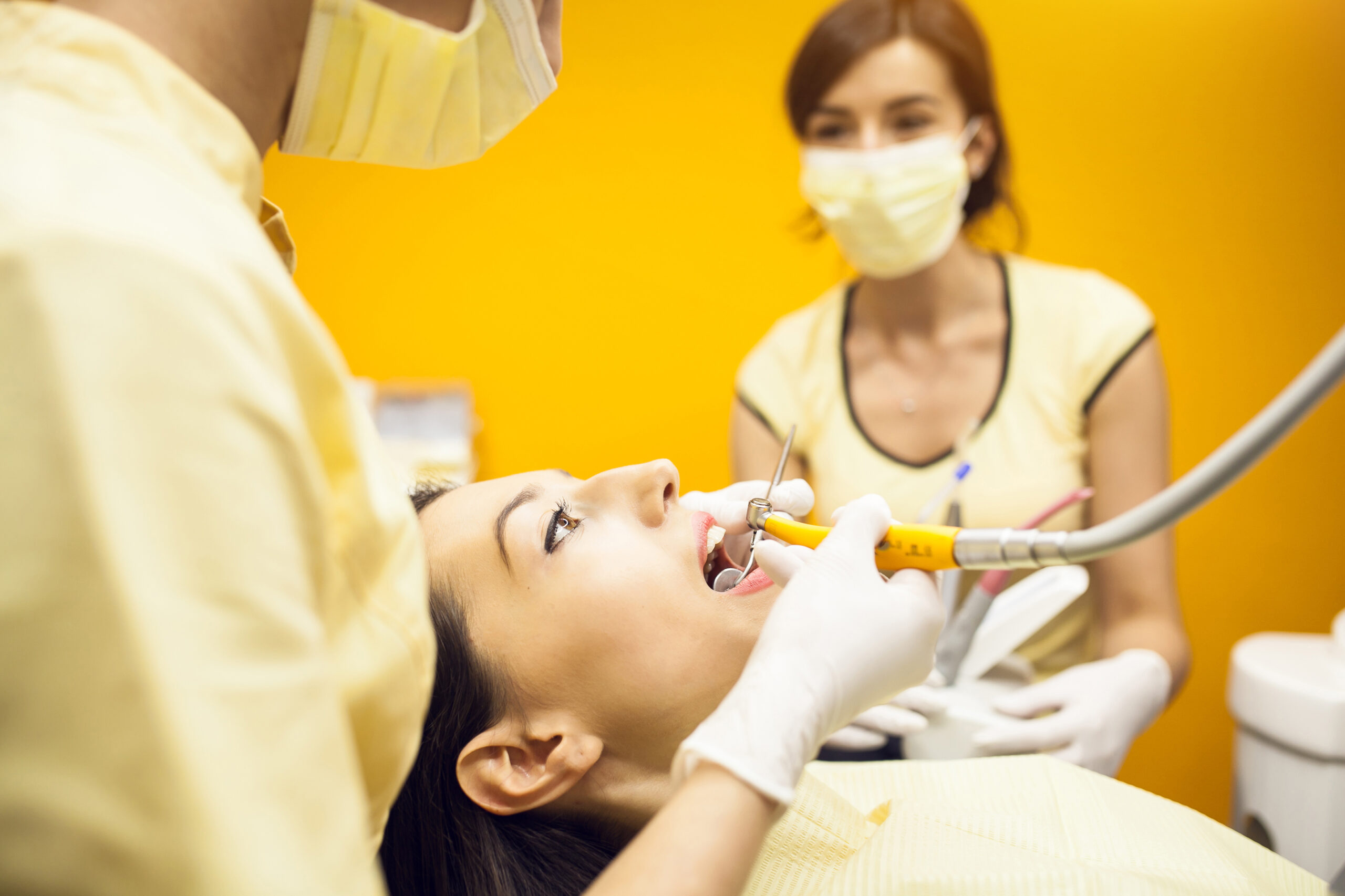You must’ve heard that stress and worry can disturb your sleep cycle and hormones. But do you know stress and anxiety can cause teeth pain and jaw problems? That is correct! Stress and oral health are related in more ways than you can think of.
This blog is here to throw light on the connection between stress and teeth pain. It also offers tips on how to get relief from stress-related oral health issues.
How Stress & Teeth Pain are Connected
So, let’s get started with the 9 oral disorders that can be caused by stress:-
Jaw Issues
When you are upset, you may find yourself clenching or grinding your teeth, putting undue strain on your jaw joints. This can result in temporomandibular joint (TMJ) problems, which include discomfort, jaw stiffness, and trouble opening and shutting your mouth.
Teeth Grinding & Teeth Pain
Can teeth hurt from stress? Yes. They do. The excessive teeth grinding induced by stress can cause TMJ and wear down the enamel. This condition can further lead to tooth sensitivity and, in the worse case, a tooth fracture.
Poor Oral Hygiene
Self-care routines, including oral hygiene, can take a backseat when stress levels rise. Neglecting regular brushing, flossing, and dental check-ups can lead to plaque buildup, tooth decay, gum disease, and bad breath.
Biting Nails
When you are nervous or anxious, you may bite your nails. Unfortunately, this behavior can be harmful to your teeth and dental health. Biting your nails regularly can result in chipped or fractured teeth, worn-down enamel, and jaw difficulties.
Hormones
Stress can also upset your body’s hormonal balance, affecting dental health. Stress-induced hormonal changes can raise the risk of gum disease, dry mouth, and taste abnormalities.
Canker Sores
Stress can deplete your immune system, making you more vulnerable to viral diseases like canker sores. These painful mouth ulcers can form as a result of stress and can make it difficult to eat and talk comfortably.
Oral Infections or Sores
Stress can affect your teeth and immune system at once. As a result, your body might not fight oral illnesses very well. This can increase the likelihood of oral infections, cold sores, or fungal infections.
Decreased Immune System
As previously stated, persistent stress affects your immune system, which is a major health issue in itself. A weaker immune system makes it difficult for your body to fight against germs and viruses, increasing chances of tooth decay, gum disease, and oral infections.
Dry Mouth
Stress can also induce dry mouth, which is characterized by inadequate saliva production. Saliva is essential for maintaining dental health because it washes away food particles, neutralizes acids, and prevents bad breath, tooth decay, and oral infections.
4 Ways to Combat Stress-induced Oral Health Conditions
Now that you’ve learned about the oral disorders produced by stress let’s look at the 4 most effective ways to alleviate their symptoms.
Talk to Your Dentist
If you have any stress-related dental disorders, seeking prompt dental services is essential. A dentist may offer expert advice, prescribe treatments, and assist you in developing a personalized strategy to enhance your dental health. They can also address any concerns or questions about stress-related oral problems.
Avoid Hard or Crunchy Foods
Avoid hard or crunchy meals to minimize further damage to your teeth and jaws, especially if you have jaw discomfort or teeth grinding. Choose softer, easier-to-chew options such as cooked veggies, yogurt, or smoothies. This can assist in relieving pain and reducing pressure on your mouth tissues.
Refrain From Taking Support of Tobacco and Alcohol
You might be tempted to use tobacco or alcohol to cope with difficult times. However, as much as stress and oral health are connected, these lifestyle habits also adversely affect your teeth. Tobacco can discolour your teeth, cause gum disease, and increase the chances of oral cancer. Dry mouth, dental decay, and gum disease can all be caused by alcohol.
Ask About Prescription Medications
In certain situations, your dentist may advise you to use prescription drugs to relieve stress-related dental disease symptoms. These drugs may give temporary relief or aid in treating the underlying causes of your oral health problems.





